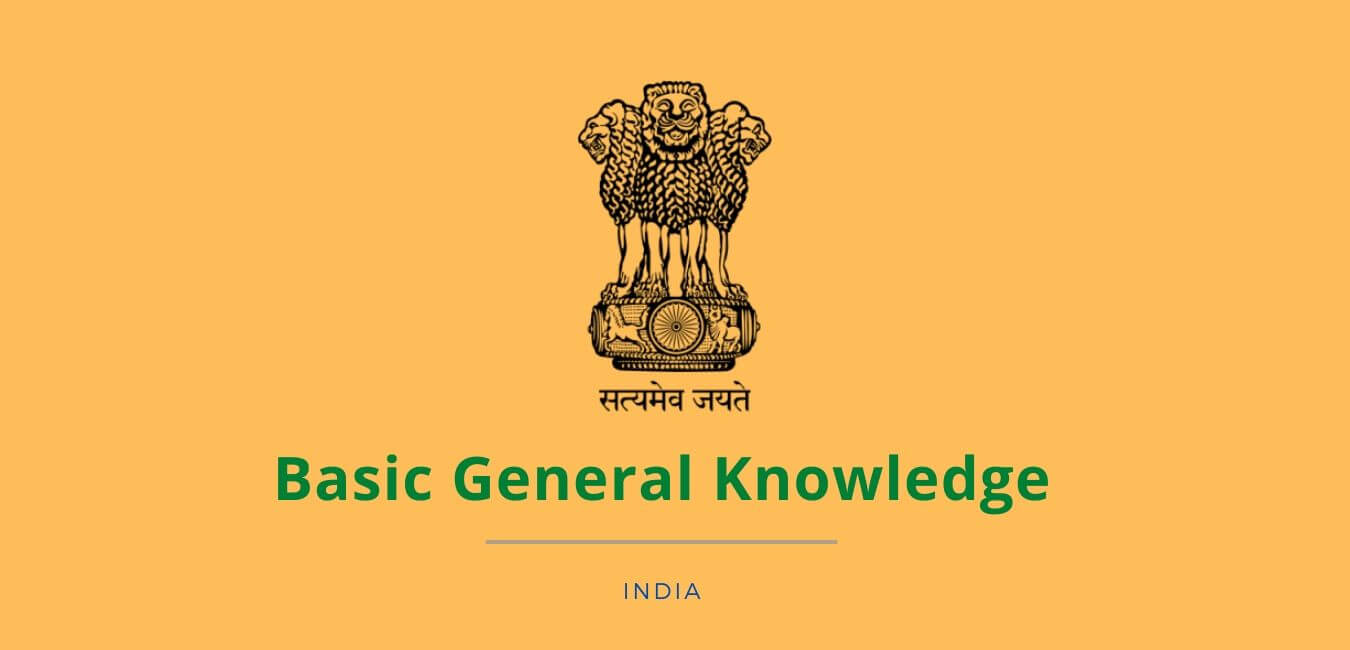Prime Minister Narendra Modi, recently inaugurated the first International Agro-biodiversity Congress at Vigyan Bhawan, New Delhi. The event was organized by the Indian Society of Plant Genetic Resources and Biodiversity International to discuss conservation of genetic resources.
What is meant by Agro-biodiversity?
Agro-biodiversity is defined as the variety and variability of animals, plants and micro-organisms that are used directly or indirectly for food and agriculture. Agro-biodiversity is a vital sub-set of biodiversity and includes all species that are closely inter-woven in an agricultural ecosystem.
Why India as the first venue ?
India is one of the most diverse countries in the world. It takes up only 2.4 per cent of the world’s land area and possesses 7-8 per cent of all recorded species. India is home to over 45000 species of plants and 91000 species of animals (CBD, 2014)
Significance of Agro-biodiversity Congress:
- The Congress will also prepare a roadmap to enhance food, nutrition and health security by optimal utilization of agro-biodiversity while protecting agro-ecosystems.
- The Congress will provide a platform for knowledge sharing as well as exchange of germplasm, a collective union of germ cells.
- The Congress will also deliberate on the issue of efficient management of gene banks at low cost with the use of new innovative technology.
- The Congress will also lead to increase in cooperation in genetic resources, crop diversification, issues relating to quarantine, biosafety and biosecurity, and intellectual property rights.
- The first Congress has adopted New Delhi Declaration on Agro-biodiversity Management.

New Delhi Declaration on Agro-biodiversity Management:
The international congress attended by 900 delegates from 60 countries adopted the New Delhi Declaration. Key Points of declaration:
- Agro-biodiversity conservation: Participating nations accorded top priority to the agro-biodiversity conservation and their sustainable use towards achieving targets of SDGs relating to poverty alleviation, food and nutritional security, good health, gender equity and partnership.
- Conservation of traditional knowledge: The congress recognized the importance of traditional knowledge of farm men-women, tribal-pastoral communities, in conversation of agro-biodiversity, sustainable food-chains and climate resilient world.
- Use of technology for conservation: In order to achieve efficiency, equality, economy and environmental security in agricultural production systems and landscapes, the declaration stressed on use of modern technologies including genome technologies & nano-technologies.
- Research on conservation strategies: The declaration urged participating nations to initiate, strengthen and promote complementary conservation strategies to conserve both ex situ, in situ agro-biodiversity and adopt on farm conservation strategies to combat food and nutrition insecurity as well as adverse effects of climate change, land degradation and biodiversity loss.
- Global exchange: The declaration reemphasized the necessity of global exchange of plant, animal, aquatic microbial and insect genetic resources for food and agriculture to meet the ever-growing food and nutritional needs of each country.
- Agro-biodiversity index: The declaration suggests for developing and implementing an agro-biodiversity index to help monitor conservation and use of agro-biodiversity.
- Year of Agro-biodiversity: The declaration urged UN to consider declaring soon a ‘Year of Agro-biodiversity’ to draw worldwide attention and to catalyze urgent action.





